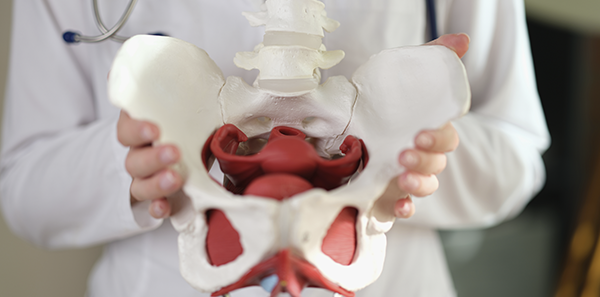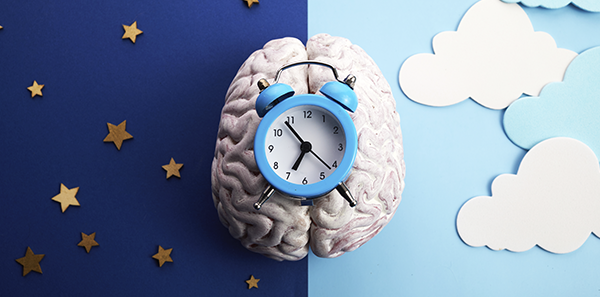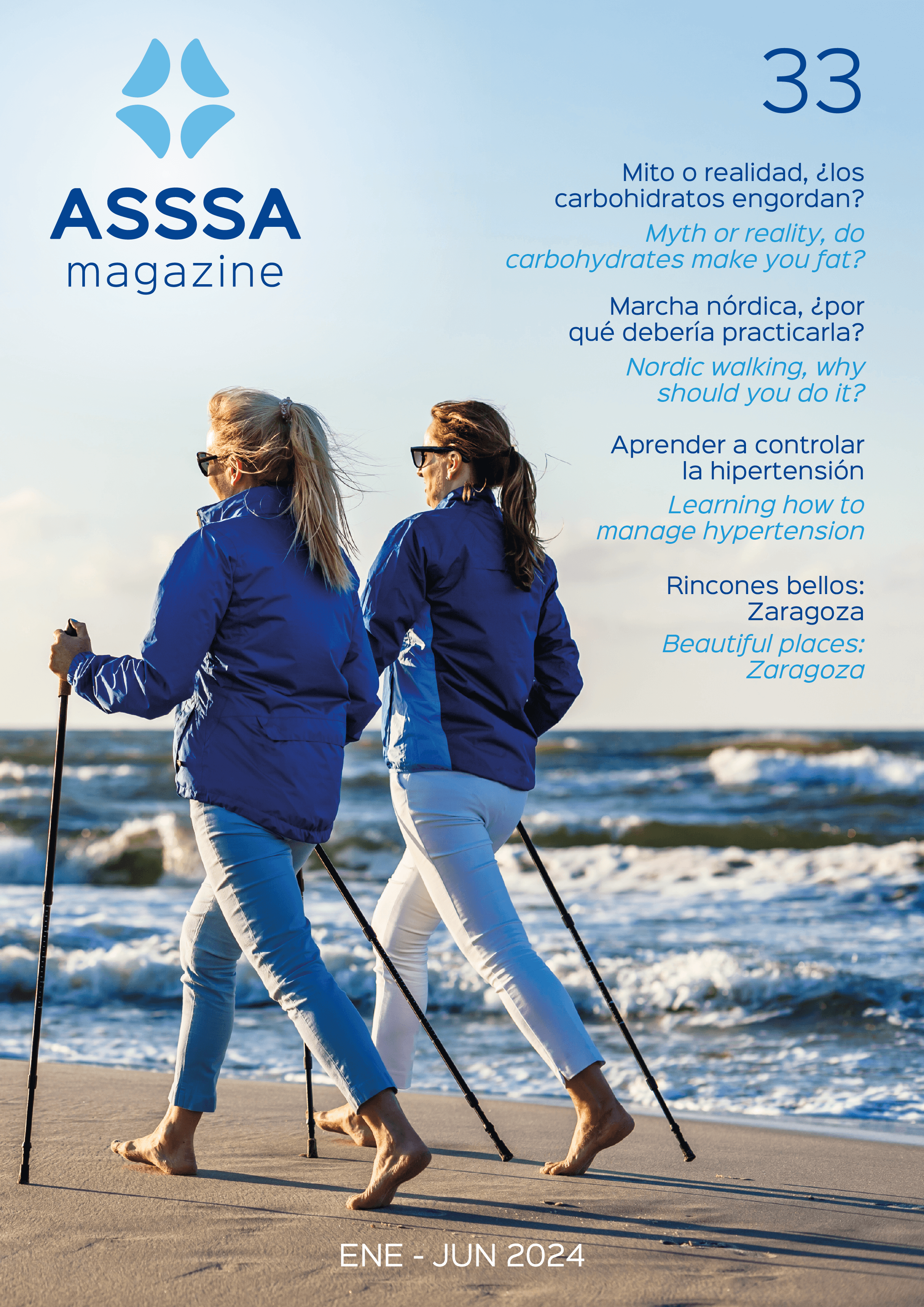
Until a few years ago it was thought that sleep was a passive process, simply a matter of our body disconnecting from the environment. Fortunately, great progress has been made in Sleep Medicine over the last ten years and we now know that sleep is an active process that is essential for our physical, cognitive and emotional well-being; we cannot live without it. The recovery of the cardiovascular and musculoskeletal systems and the secretion of certain hormones such as human growth hormone and leptin and ghrelin, appetite-regulating hormones, take place during NREM sleep. REM sleep is primarily involved in cognitive processes, such as the consolidation of memories and what we have learned during sleep, and in emotional regulation.
The importance of a good night’s sleep for our health
Until a few years ago it was thought that sleep was a passive process, simply a matter of our body disconnecting from the environment. Fortunately, great progress has been made in Sleep Medicine over the last ten years and we now know that sleep is an active process that is essential for our physical, cognitive and emotional well-being; we cannot live without it. The recovery of the cardiovascular and musculoskeletal systems and the secretion of certain hormones such as human growth hormone and leptin and ghrelin, appetite-regulating hormones, take place during NREM sleep. REM sleep is primarily involved in cognitive processes, such as the consolidation of memories and what we have learned during sleep, and in emotional regulation.
Sleep is involved in regulating the immune system and controlling body temperature. Although over 100 sleep disorders have now been described, the most common sleep problem worldwide is sleep deprivation, sleeping less than we need to. Although sleep requirements vary with age, the recommended amount for an adult is 7 to 9 hours of sleep per night, with an average of 8 hours. Chronic lack of sleep is associated with learning and behavioural problems and growth retardation in children. We know that adults who do not get enough sleep are at greater risk of developing obesity, diabetes, cardiovascular problems (high blood pressure, acute myocardial infarction), immune system disorders and mood disorders (irritability, anxiety, depression), as well as having concentration and memory problems.
Recommendations for sleeping better:
1. It is recommendable to have regular times for going to bed, getting up and eating meals, and we should try to keep to these as much as possible at weekends too.
2. Spend time outdoors, especially in the mornings, being exposed to light at the beginning of the day.
3. Do regular physical exercise: 30 minutes of moderate aerobic exercise per day is highly recommendable, although it should be avoided for at least three hours before bedtime.
4. Daytime naps should be no longer than 20 minutes and must not be late in the day.
5. Limit your consumption of stimulants (coffee, tea, cola, fizzy drinks, chocolate) and avoid having them after 6 pm.
6. Limit your fluid intake towards the end of the evening. T
7. The evening meal should be neither copious nor too light, and it is advisable to leave two hours between dinner and bedtime. Foods that are rich in tryptophan (eggs, milk, nuts) promote sleep.
8. Ensure that the bedroom is sufficiently dark and silent and at the right temperature (18º-21º centigrade).
9. Avoid using light-emitting devices (mobile phones, computers, tablets) for at least an hour before bedtime.
10. Create a relaxing ritual before going to sleep and do not do stimulating activities, thinking and problem solving at bedtime.
11. Only go to bed if you feel tired.
12. If you cannot sleep, get up and do something monotonous (e.g. reading). 13. Do not stay in bed if you are not asleep: bed is for sleeping
Dr. Paula Giménez-Director of the Multidisciplinary Sleep Medicine Unit. Clínica Vistahermosa, HLA Hospital group
The information published in this media neither substitutes nor complements in any way the direct supervision of a doctor, his diagnosis or the treatment that he may prescribe. It should also not be used for self-diagnosis.
The exclusive responsibility for the use of this service lies with the reader.
ASSSA advises you to always consult your doctor about any issue concerning your health.












